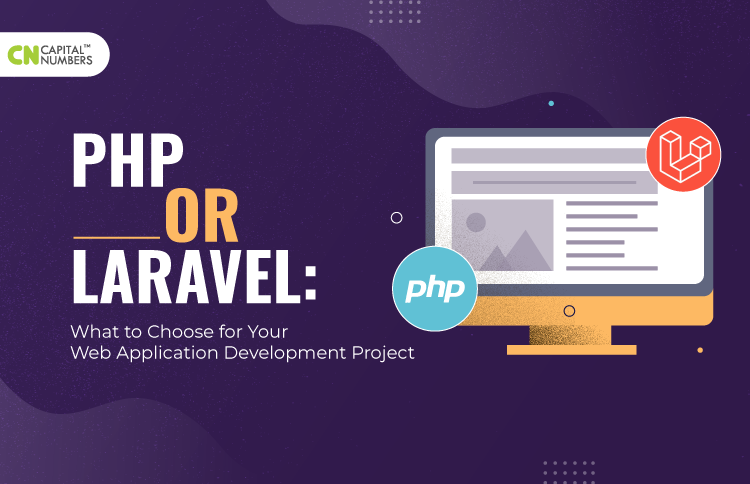5 Questions You Must Ask to Mitigate Outsourcing Risk
Table of Contents
One great barrier to outsourcing is that people see it as an inherently risky venture.
While it may be true that some outsourcing firms in STILL have very little accountability, the world of outsourcing digital projects has become efficient and responsible.
For example, we at Capital Numbers have various processes and infrastructure to keep projects running smoothly and keep clients in the loop — and many agencies like us have followed our lead.
However, there is still risk inherent in any venture.
Communication problems, lack of accountability, and lack of security are valid concerns to address when picking an outsourcing partner. In this article, we’ll address these questions, so you can make sure your development partner is a good one.
Is the company able to complete the tasks?
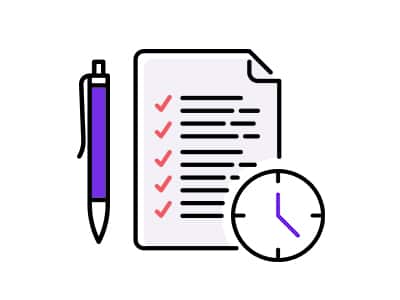
This is probably the most important question, and that’s why we put it first. If your development partner is unable to complete your project in the specified way, then find another development partner. Otherwise, your time and money will be sucked into the black hole of development… without any real results to show for it.
Remember, prices are signals. If your project is resource-intensive, take it to an agency that has the full resources needed to complete the project. Usually these agencies will charge more than those with fewer resources.
It might be tempting to go with the “budget option,” but that’s probably not in your best interests down the road. Although it might seem like a good choice in the short term, project delays and slow development is probably is going to cost your time and money in the long term.
Other signals to look for:
Their infrastructure:
Do they have the resources to keep developing even in something like a power or internet outage? Is their security weak, or is it robust?
Their website:
Should have case studies and a portfolio of previous work.
Their processes:
What are their solutions to handling employee turnover? How do they treat their developers? What is their project management like?
How much control will I have?

Control of development is the responsibility of both parties, but there’s a careful balance to be struck.
For one thing, your development partner wants to do good work and gain your trust so you come to them for future resource projects. But interestingly, this desire to please leads to high expectations that can’t be fulfilled. They’re more likely to give you unrealistic deadlines, milestones, and budget constraints because they want to make you happy.
On the other hand, trying to micromanage the process will be a waste of your energy and focus. This approach may lead to procrastination and communication avoidance on the part of your outsourcing partner — many developers work best without a lot of scrutiny and with loose management styles.
You wanted to outsource for reason, so don’t throw all the benefits away because you insist on managing small details. Encourage your outsourcing partner to share any news, even if it’s bad – as long as it’s honest. And don’t overreact to bad news. Remember, even with the best agencies and in-house teams, projects face setbacks.
In any case, your outsourcing agency should communicate with you regularly and frequently. Make sure to ask about your their communication processes. What sort of workflows do they have in place to keep you in the loop?
By clearly communicating expectations and budget constraints, you’ll be able to eliminate most control and communication problems before they occur.
How reliant am I on one point of contact or developer?
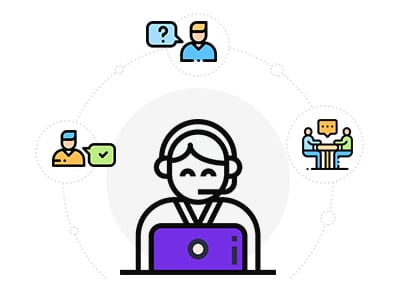
“Putting all your eggs in one basket” is a losing proposition. What happens when you drop the basket and the eggs break?
It’s much the same in development. If all your work is given to a single employee or a single developer, what happens if they get fired, get sick, or go to another agency?
What happens if their skills are insufficient for your project?
Again, this is a point on which to carefully question your outsourcing partner. An agency should have the resources to quickly ramp up for your project, and also to replace workers as needed with very little onboarding time. If they can’t, the development will rely entirely on the strength of a single person or a single small team.
Make sure to carefully check the opportunity costs inherent in a change developers or systems.
What are the costs (hidden or otherwise)?

Keep in mind there are many different payment models, and no single model will fit every situation.
It’s common for entrepreneurs to insist on a fixed-price model, but that’s rarely the best choice. Problems arise and require more hours and more money to solve. The outsourcing agency will not give you more work for the same amount of money, but you as a client want as much done as possible. As such, negotiation problems and project delays become common under this model.
Per-hour payments are fairly common for outsourcing. Under this model, you would get an estimate, but the actual cost may vary. A good agency will keep transparent records and bill each each developer at an hourly rate.
Another model is the “design and build model” in which you “purchase” the product from the agency outright, and they have an incentive to make it as competitive on the market as possible, since they own the IP.
In summary, get an understanding of which model will best suit your project. Pay attention to how the company provides estimates and how do they describe the way of money distribution. Your development partner should be able to work with you to find one that works for both of you.
How secure will my project be?
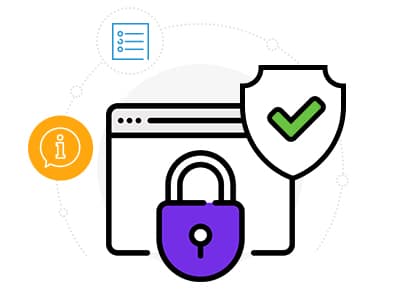
If your development partner doesn’t have legitimate ways to protect your security, you should take your business to someone who does. Crime exists in the digital space just as it does in the physical world, and your data and proprietary software must be protected at all costs.
Ask your outsourcing agency about what processes are in place to protect your security and your privacy. They should have redundant protections from malicious parties. Firewalls, malware protection, and intruder detection are just the start.
For example, Capital Numbers has layers of digital security, including updated firewalls, monitoring systems and gateways working at all times to keep your data and your projects safe. We also keep it all safe behind layers of physical security — we have guards, controlled access points, and constant surveillance. While this measure of security is unique among outsourcing agencies, it offers clients valuable peace of mind.
You might feel the same. Even if you don’t insist on the exact level of security we have, make sure ask about the security processes of your development partner. Otherwise, you might be left without recourse if something happens to your information.
Conclusion:
It’s easy to get excited about a project and want to rush headlong into development. However, do your research first. Most agencies will offer a free consultation beforehand to see if you’re a fit to work together. This is the time to ask these questions and make sure your project will be kept within your control, secure, private, and safe.
If you have any questions, don’t hesitate to contact us directly.

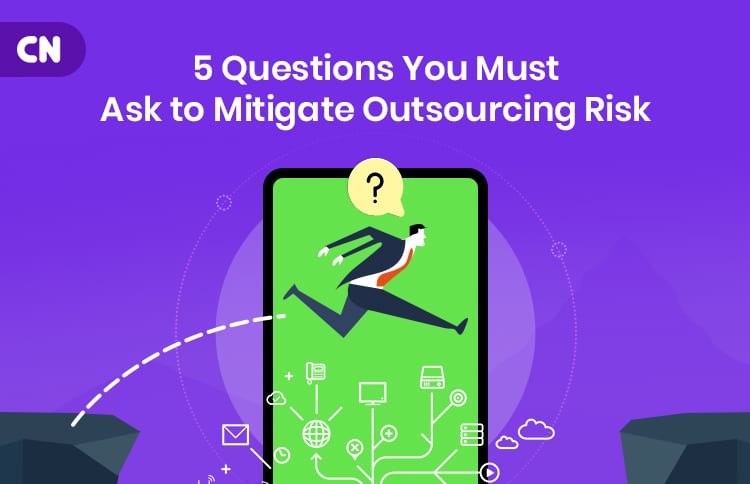
 Web Development
Web Development Cloud Engineering
Cloud Engineering Mobile App Development
Mobile App Development AI/ML/GenAI
AI/ML/GenAI E-commerce
E-commerce Software Development
Software Development UI/UX
UI/UX QA
QA Dedicated Teams
Dedicated Teams
